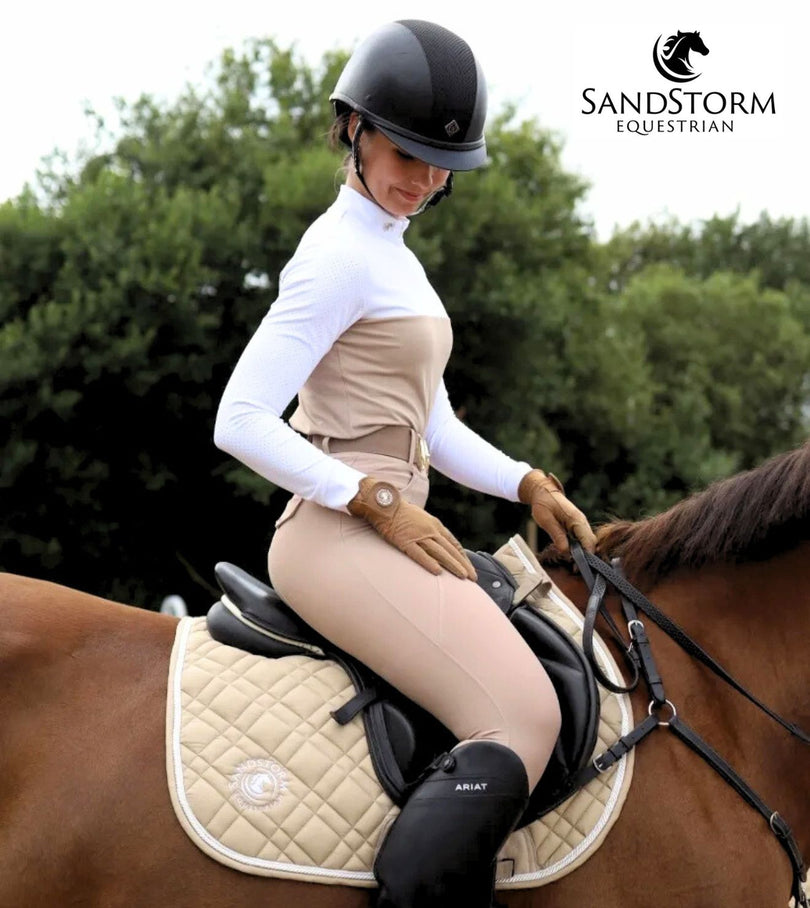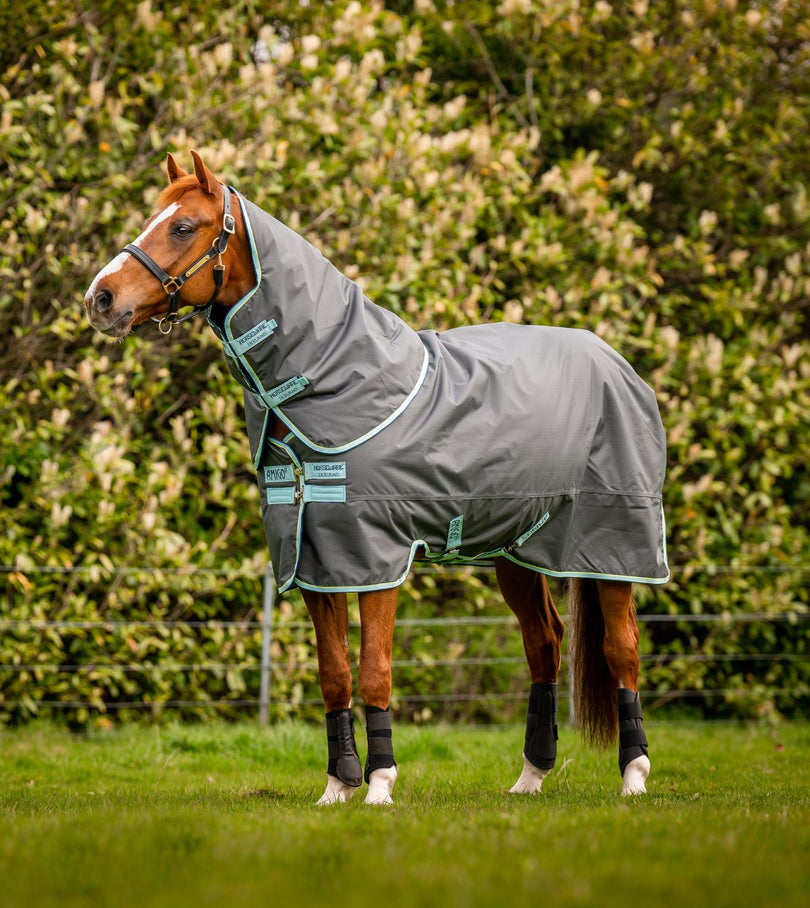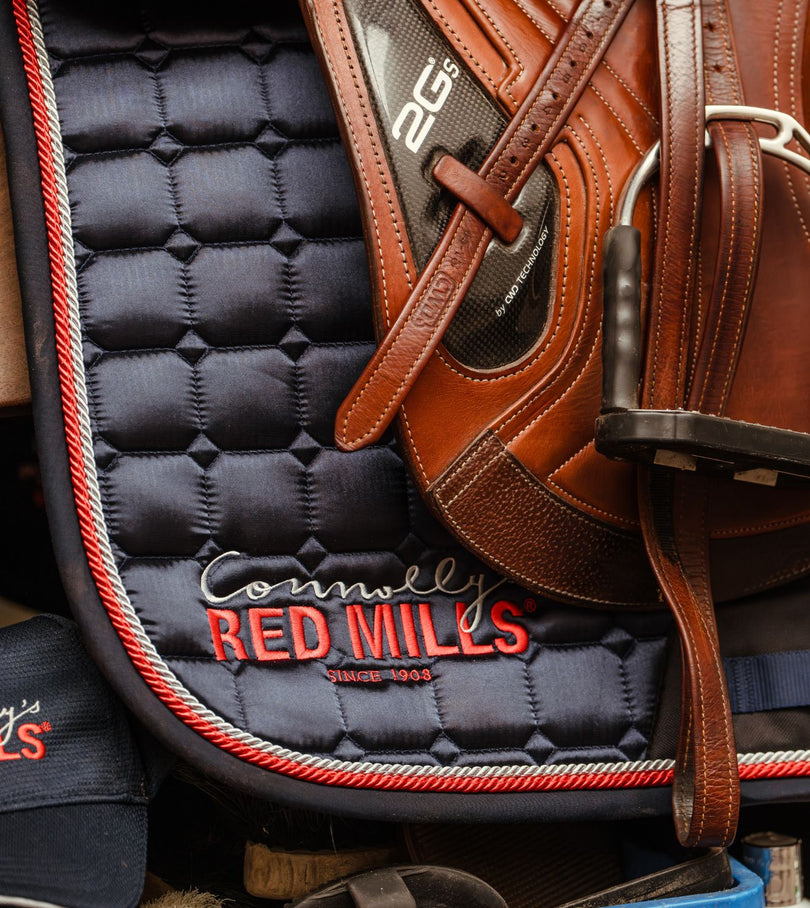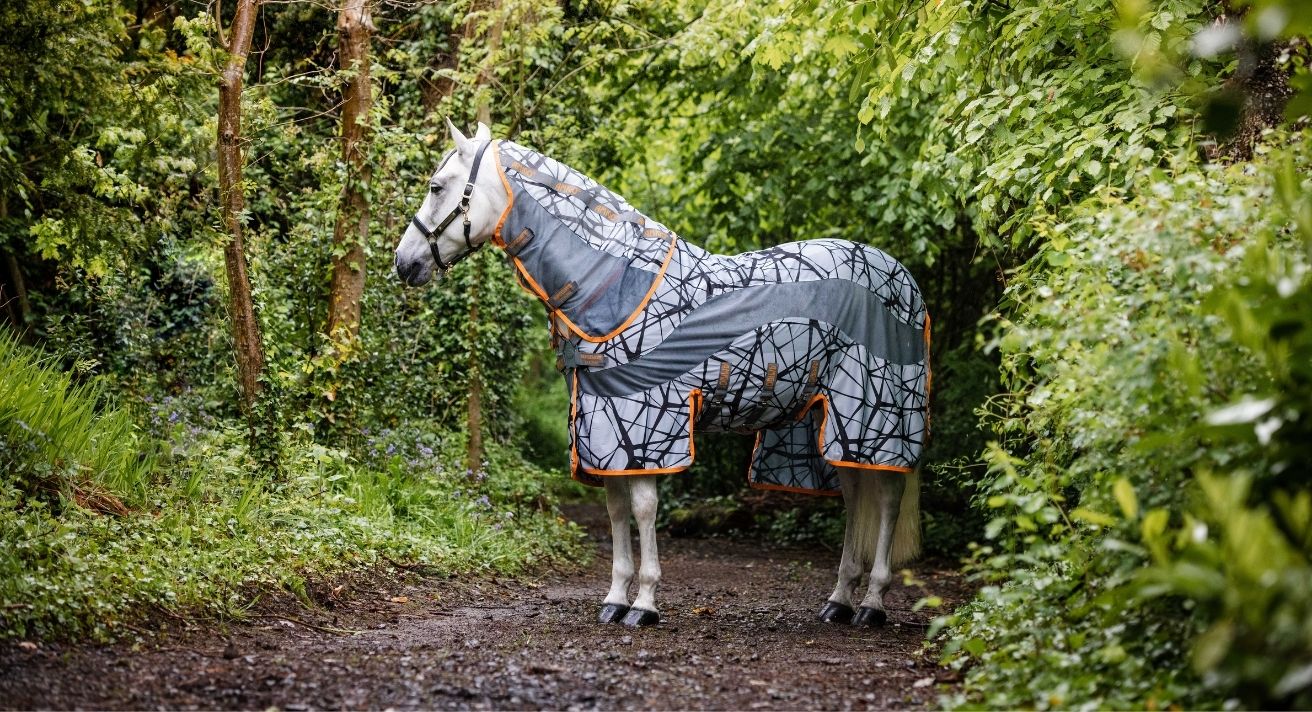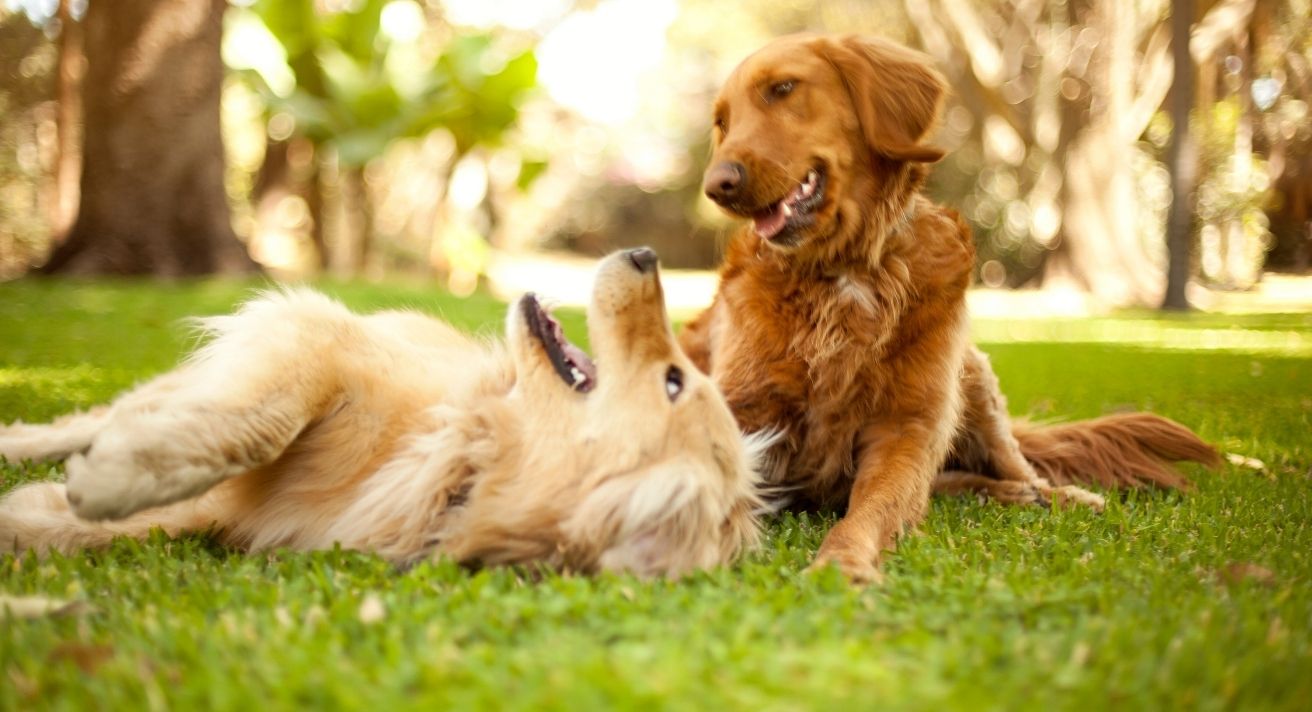Blog by Irene Hislop
Spring is in the air, and that means that pollen is, too. If you’re a hay fever sufferer, then you’ll be only too familiar with the feeling of a runny nose and itchy eyes - but what about our pets? Yes, dogs can have pollen allergies too. That’s why every dog owner should know the signs of seasonal allergies in dogs. They are not exactly the same as they are in people.
Environmental allergies in dogs usually show up as itchy, irritated skin, even when the reaction is caused by inhaling pollen. Excessive scratching, chewing and licking the skin are often signs that a dog has an allergy. If you notice your dog is losing fur or has red skin, it’s time to talk to the vet.

What Is Triggering My Dog’s Allergy?
Allergies are complicated. Basically, a normally harmless substance such as a particular pollen or food triggers the body’s immune system. The body reacts as if it were under attack by a virus, but it isn’t. Discovering what exactly is triggering the dog’s allergy is difficult. In the case of seasonal allergies, it isn’t really necessary to know if your dog is reacting to grass pollen or pollen from a tree or shrub. It’s enough to know that the dog is allergic to something in your garden and needs to avoid it for a while. The months dogs get seasonal allergies vary depending on what exactly the allergen is and where you live.
While we humans can pop down to the pharmacy and get some over the counter relief, it isn’t as easy to help our dogs. The source to learn what you can give your dog for seasonal allergies is your vet. That’s partially because it isn’t easy to be sure that environmental allergies are the problem. Your vet will examine your dog to be sure it isn’t something else.
Allergies in dogs are complicated. Food allergies often show up with the same symptoms as seasonal or environmental allergies. Most allergies that our canine friends suffer are acquired after regular exposure to the allergen, so they rarely appear before a dog is a year or two old.
Nutrition for Your Dog’s Skin
You can give your dog some extra nutritional support for healthy skin. The Leader Nutri Vigor Skin & Coat Care Treats include natural antioxidants, omega 3 and 6 oils and other quality ingredients that will help your dog’s skin recover. The Go Native Salmon and Herring treats are also an excellent source of skin-soothing omega oils.
Dogs don’t normally need frequent baths, and bathing them too much can cause problems. But if your dog seems to be allergic to grass pollen, it is worth trying extra baths with a mild dog shampoo and brushing them after every outing to remove any bits of grass or pollen from their coat.






